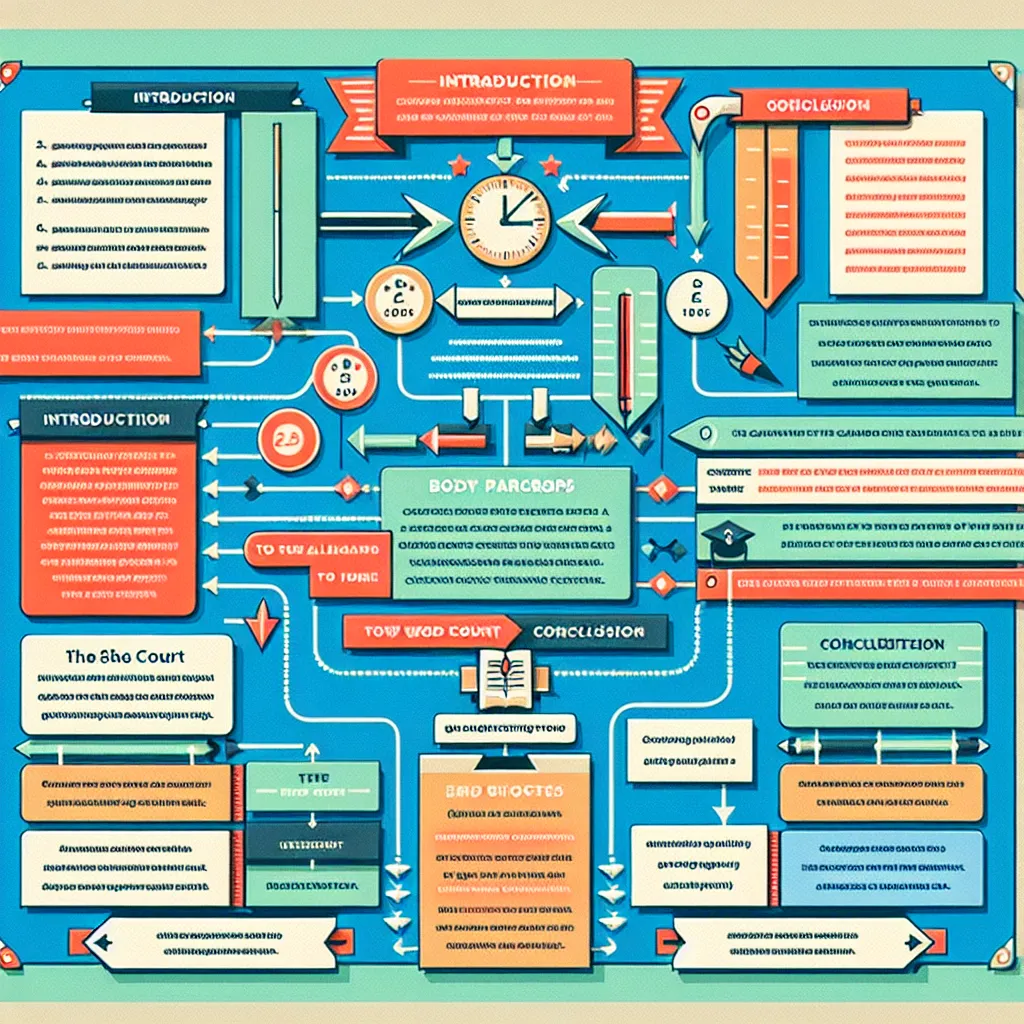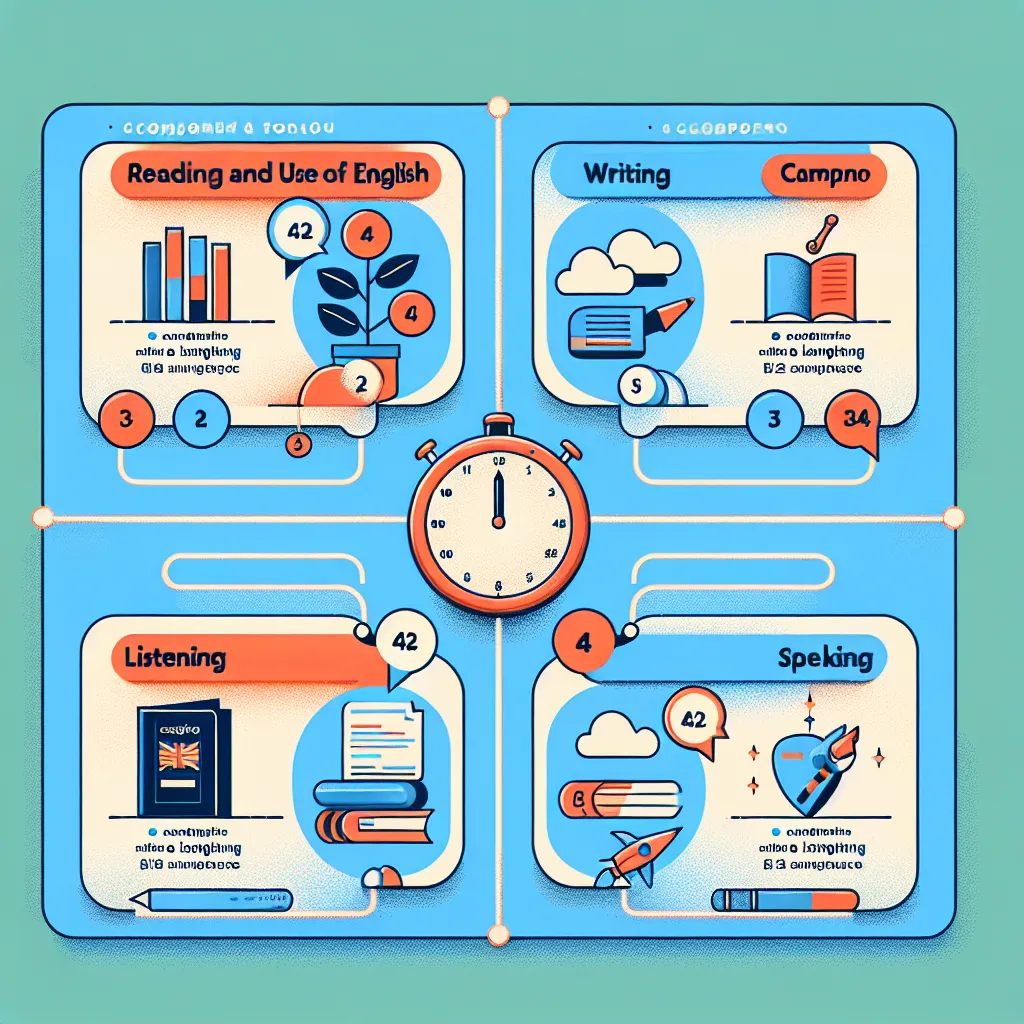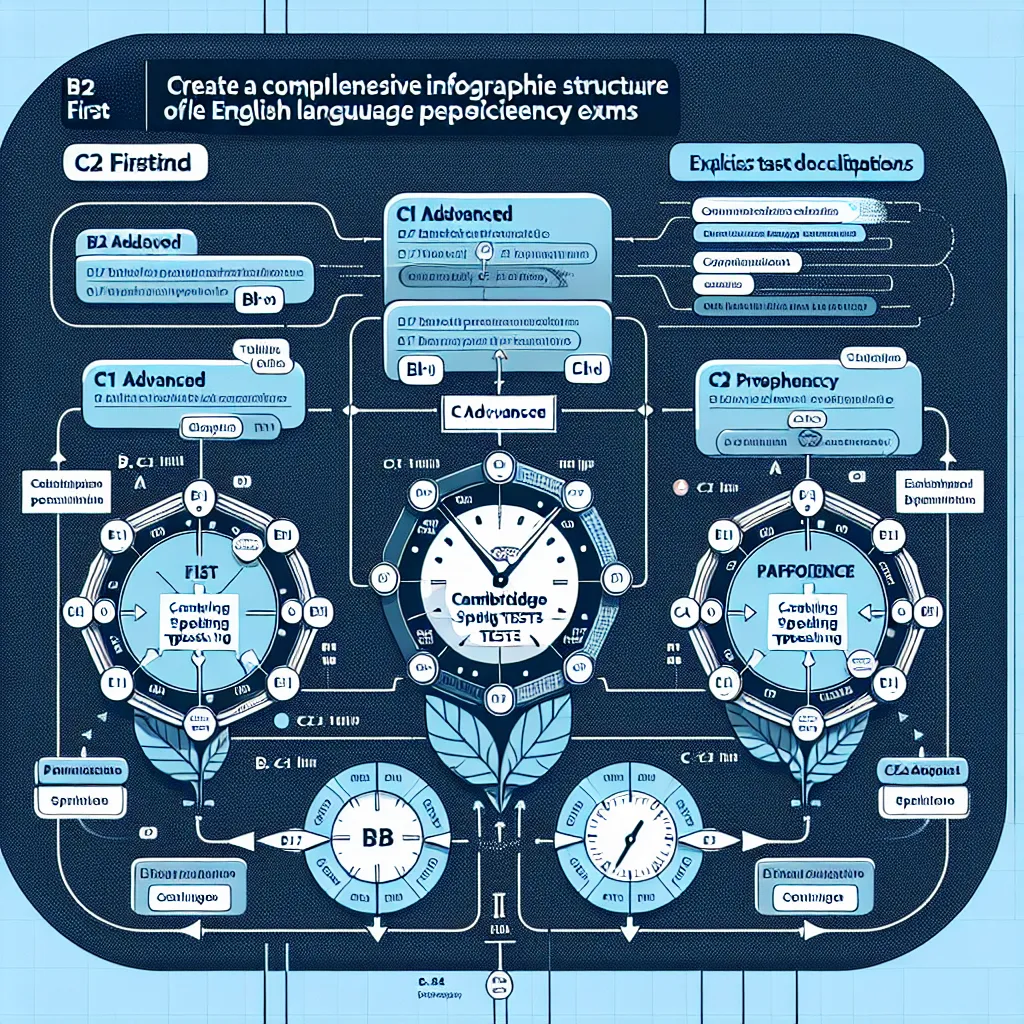Cambridge Writing Task 2 is a crucial component of the Cambridge English exams, particularly in the upper-intermediate to advanced levels such as B2 First (FCE), C1 Advanced (CAE), and C2 Proficiency (CPE). Understanding its format is essential for exam success. This comprehensive guide will break down the structure, requirements, and key elements of Cambridge Writing Task 2 to help you prepare effectively.
Overview of Cambridge Writing Task 2
Cambridge Writing Task 2 typically requires candidates to produce an essay of about 220-260 words (for B2 First) or 220-260 words (for C1 Advanced and C2 Proficiency) on a given topic. This task assesses your ability to present a well-structured argument, express opinions, and support your ideas with relevant examples.
 Cambridge Writing Task 2 Format
Cambridge Writing Task 2 Format
Key Features of Cambridge Writing Task 2
- Time allocation: 40 minutes (out of the total 80 minutes for the Writing paper)
- Word count: 220-260 words (B2 First) or 220-260 words (C1 Advanced and C2 Proficiency)
- Essay format: Introduction, body paragraphs, and conclusion
- Topic types: Often involve expressing opinions, discussing advantages and disadvantages, or presenting arguments for or against a given statement
Structure of Cambridge Writing Task 2
To excel in Cambridge Writing Task 2, it’s crucial to understand and follow its prescribed structure. Let’s break down each component:
1. Introduction
The introduction sets the tone for your essay and should:
- Paraphrase the question or topic
- Provide background information if necessary
- Present your thesis statement or main argument
Example:
“In recent years, the debate over whether social media has a positive or negative impact on society has intensified. While it undoubtedly offers numerous benefits, I believe that its drawbacks outweigh its advantages.”
2. Body Paragraphs
Your essay should typically include 2-3 body paragraphs, each focusing on a single main idea that supports your thesis. Each paragraph should:
- Begin with a clear topic sentence
- Provide supporting details, examples, or evidence
- Use appropriate linking words and phrases for coherence
Example:
“One of the primary concerns regarding social media is its impact on mental health. Studies have shown that excessive use of platforms like Facebook and Instagram can lead to increased feelings of anxiety, depression, and low self-esteem, particularly among young users.”
3. Conclusion
The conclusion should:
- Summarize your main points
- Restate your thesis or main argument
- Provide a final thought or recommendation
Example:
“In conclusion, while social media has revolutionized communication and information sharing, its negative effects on mental health, privacy, and social interactions cannot be ignored. It is crucial that we find ways to mitigate these drawbacks while harnessing the positive aspects of these platforms.”
Tips for Success in Cambridge Writing Task 2
To maximize your performance in Cambridge Writing Task 2, consider the following advice:
- Plan your essay: Spend 5-7 minutes outlining your ideas before writing
- Use a range of vocabulary and complex grammatical structures appropriate to your level
- Stay on topic and address all parts of the question
- Use paragraphs effectively to organize your ideas
- Include relevant examples to support your arguments
- Proofread your essay for grammar, spelling, and punctuation errors
 Cambridge Writing Task 2 Tips
Cambridge Writing Task 2 Tips
Common Pitfalls to Avoid
Be aware of these common mistakes in Cambridge Writing Task 2:
- Exceeding or falling short of the word count
- Straying off-topic or not fully addressing the question
- Using overly informal language or colloquialisms
- Neglecting to use paragraphs or proper essay structure
- Failing to provide concrete examples or support for arguments
- Ignoring time management and rushing the conclusion
Practice and Preparation Strategies
To improve your performance in Cambridge Writing Task 2:
- Practice timed writing regularly
- Familiarize yourself with common essay topics
- Study sample essays and examiner comments
- Build your vocabulary related to common themes
- Learn and use a variety of linking words and phrases
- Seek feedback from teachers or language exchange partners
[internal_links]
By understanding the format of Cambridge Writing Task 2 and following these guidelines, you’ll be well-prepared to tackle this challenging part of the Cambridge English exams. Remember, consistent practice and attention to detail are key to achieving a high score. Good luck with your preparation!




